What Makes Cotton Organic?
Updated Jan. 4 2021, 3:32 p.m. ET
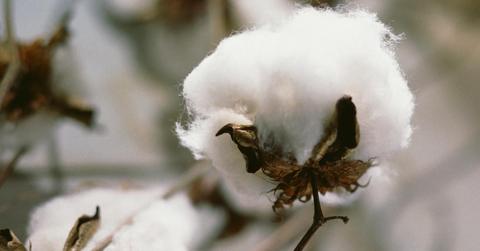
Cotton has always been considered one of the most perfect fabrics ever discovered. It’s versatile, breathable, and natural. Modern technology and fabric treatments have “enhanced” traditional cotton in many ways over the centuries, and yet, it seems like more and more consumers are seeking out organic cotton in favor of conventionally-grown cotton.
But what makes organic cotton so special, and what makes cotton organic in the first place?
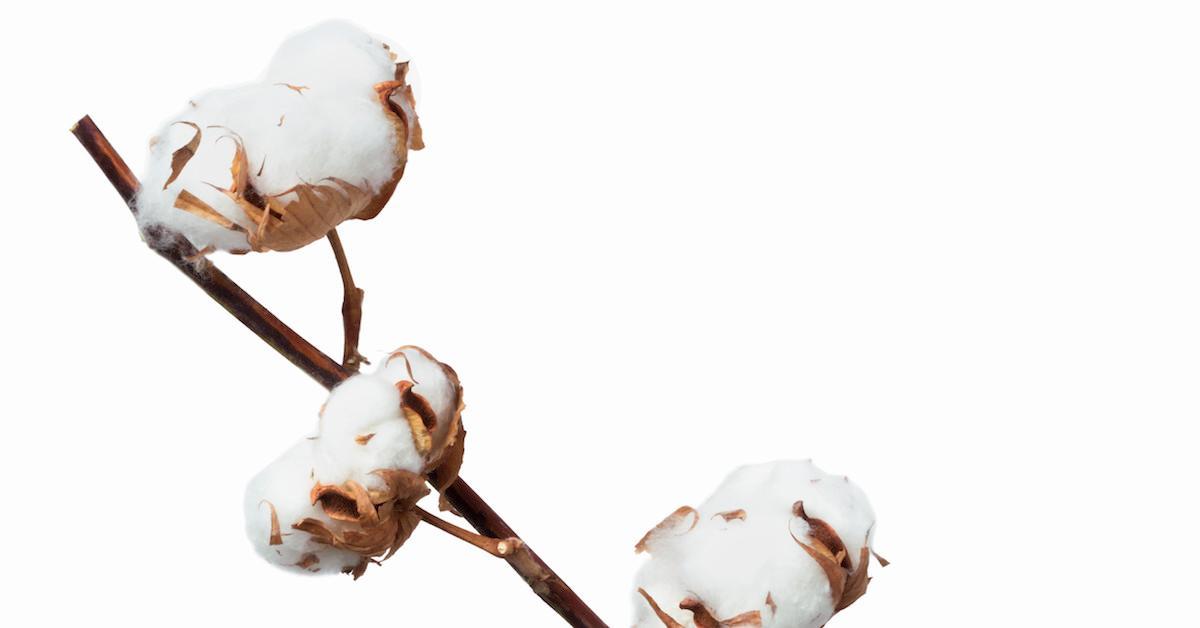
What makes cotton organic?
Cotton is a natural fiber, so on its own, it is always “organic,” at least in some way. It grows on plants, so it’s vegan, as well. But what separates organic cotton from the rest of the cotton pack is the fact that it is grown without synthetic chemicals or pesticides, and it is not genetically modified.
The aim in growing organic cotton is to produce a more sustainable product. Sustainability is the key to lowering environmental impact and farmers who grow organic cotton understand that.
Organic cotton farmers do this by regulating water supply, maintaining soil integrity through the seasons, utilizing all-natural seeds and only natural fertilizers, and eschewing all synthetic fertilizers, toxic pesticides, and GMOs. Additionally, organic cotton products are usually left untreated by any sort of harsh chemicals, and are more likely to be dyed with natural or environmentally-friendly dyes, though this is not a requirement.
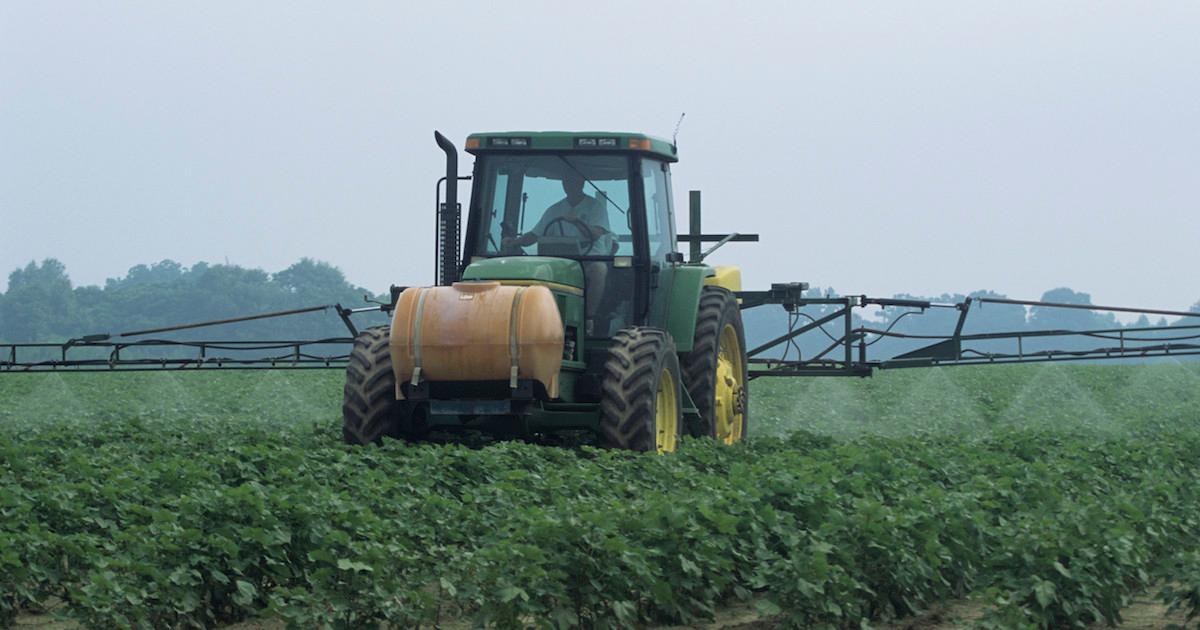
How is organic cotton marketed?
In order to market products as organic, manufacturers must go through an extensive investigative process. This usually begins with an extensive supply chain verification by third-party entities. These entities can be both government and non-government. Once the cotton passes muster, it can be labeled as certified organic, but the process is under intense scrutiny right from the start.
If you live in the U.S., look for a seal of certification from the Department of Agriculture (USDA). The tag should say something like “Certified USDA Organic” on it. There are a number of other certifying entities worldwide, however, so you’ll have to look into it before you travel if you’re planning to pick up some cotton textiles. Some garments will just state "100 percent organic cotton" on the label without any certifications, as well.
There are nearly 60 organic cotton producers in the U.S. and they turn out approximately 20,000 bales annually. Most of these farmers are in states like Texas, New Mexico, and North Carolina. Worldwide though, there are about 220,000 organic cotton growers. The point is, it’s not exactly a niche industry.
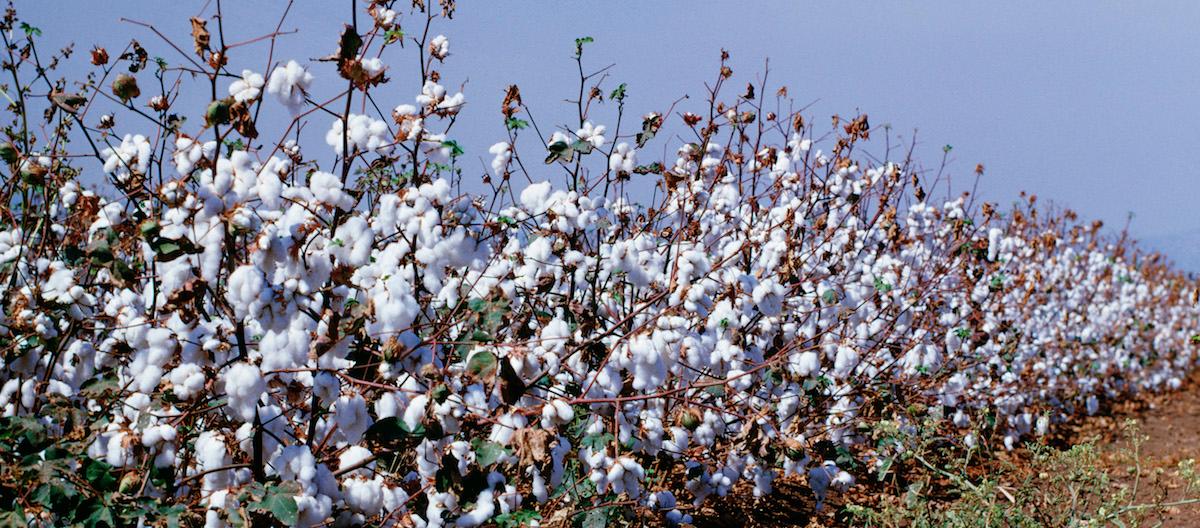
How is non-organic cotton any different?
Conventional cotton is a lot simpler and often quicker to produce. This is because conventional cotton growers don’t have to jump through the same hoops as organic farmers. They have a full array of tools, pesticides, and synthetic, nitrogen-loaded fertilizers at their disposal. Many also use genetically-modified seeds to grow insect- and weed-repellant cotton. With these tools, they can maximize their yield per acre.
The problem is, they have sacrificed efficiency for quality. GMOs, pesticides, and other synthetic compounds have all come under scrutiny in recent years. Roundup, a widely-used herbicide made by Bayer's Monsanto Copmany, has been proven to cause cancer. According to WorldCounts.com, more chemical pesticides are used for cotton than for any other crop.
And even if these chemicals are “washed off” before manufacturing, is that really the type of thing you want touching your delicate skin or upholstering your couch? There is even some evidence to support the idea that these chemicals linger on in our clothes long after we take them off the rack. What’s worse, according to Remake.World, body heat and sweating actually accelerate the absorption of these chemicals into our skin.
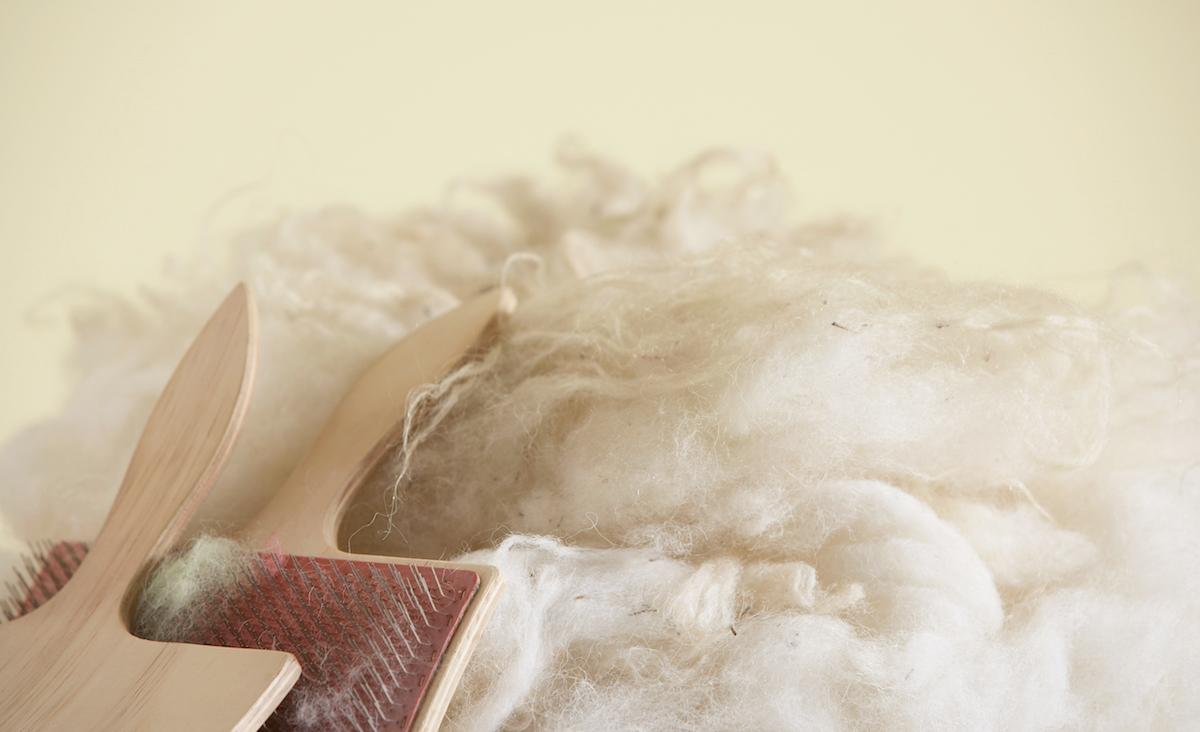
What products are made of organic cotton?
Organic cotton is used to make an extensive array of products. Assorted clothing fabrics as well as home furnishings like robes, towels, blankets, bedding, and even mattresses can all be made (or partially made) of organic cotton. Other organic cotton products may include children's toys, diapers, and personal care items like make-up removal pads, cotton balls, ear swabs, and sanitary products.
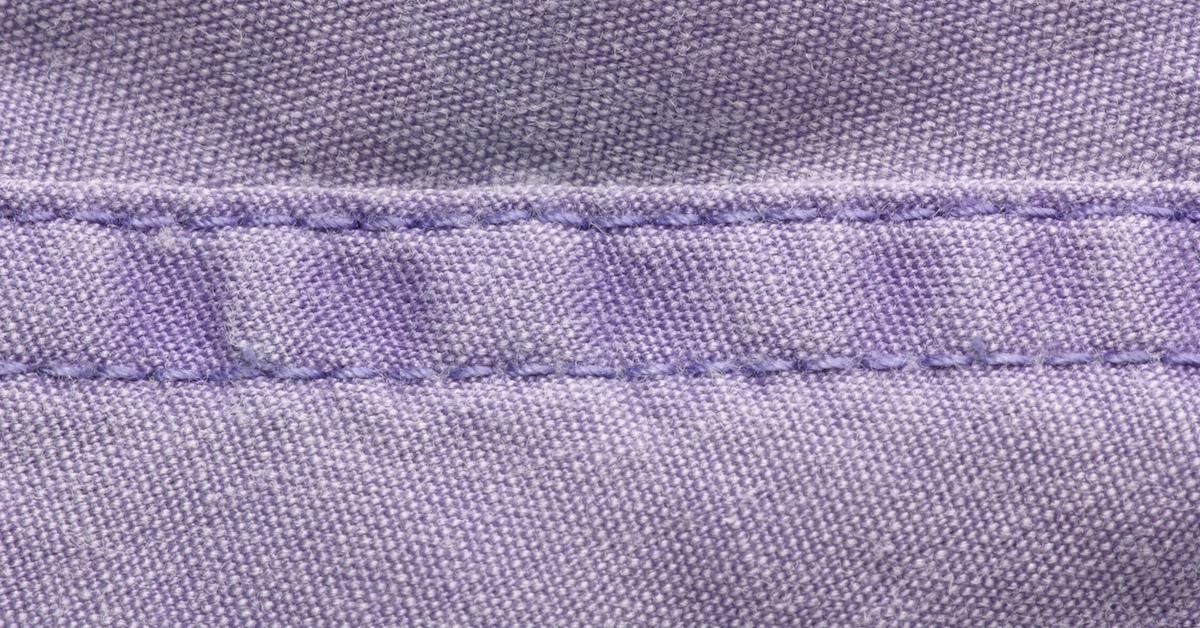
Is organic cotton more expensive?
Unfortunately, organic cotton does tend to be a bit more expensive than conventional cotton. This is because it is more expensive to produce. First, organic cotton is typically grown using non-GMO seeds, and these days, those unsullied seeds come at a higher cost than mainstream seeds. Organic cotton farms are also more labor-intensive than other farms. This is due in part to their lack of herbicides and pesticides. More weeds mean more weeding, and more bugs mean more bug removal.
On top of all that, organically grown plants tend to produce less yield than conventionally grown cotton. Even in the sustainable space, supply and demand play a role. Despite 220,000 people growing it around the world, there still is not enough organic cotton to meet the demand, thus making the existing supply that much more dear.